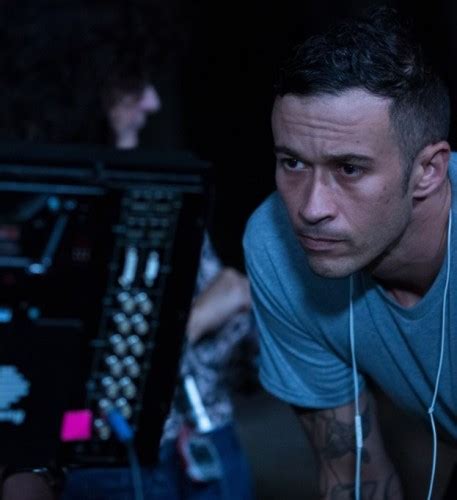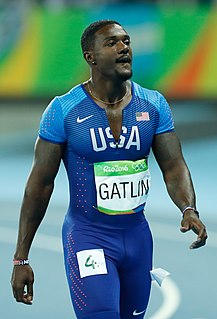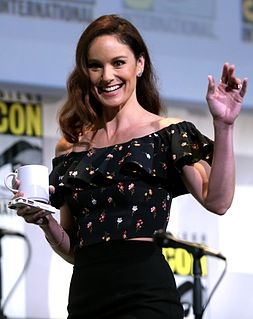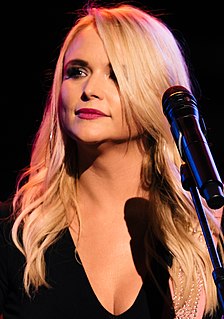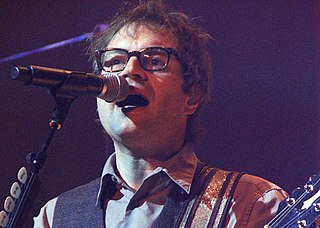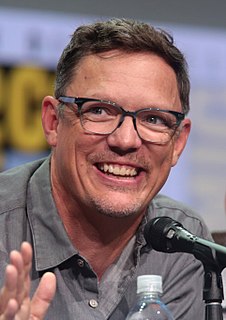A Quote by Ta-Nehisi Coates
Every writer dreams of having the ability to hold forth for 8,000 words and pull all these different forms together: history, reportage, journalism. That was all I really wanted, and 'The Atlantic' was my first high-profile opportunity.
Related Quotes
Part of why I wanted to produce was because I wanted the opportunity to work on projects I want to see. As a writer and as a director, I'm very specific about the kinds of things that I want to do. The opportunity that producing has given me is that by working with different writers and trying to get their movies made, or developing their script, or making their movies, every time I'm doing it, I'm learning and then bringing something to my own work. I like to think that there's a little bit of back and forth that goes on.
You don't simply tell someone to get out there and win the tennis match. You say 'move your feet' or 'watch the fuzz on the ball' to really get into the Zen of it. You pull all that together, and then you just might hold up the Wimbledon Plate... It's not about winning first place but bringing every element of effort to whatever you do.
What serialized cable dramas have given us is the opportunity to not simply tell the same story with slightly different words and different costumes, every week. people are really mining the ability of storytellers to tell a long form story that goes from A to Z, and to trust that an audience will follow that. If they miss it, over the course of the week, they can watch it online or buy the DVD. There are so many different ways of interacting with it. Storytelling in television is getting more complex and more nuanced.
It is our duty not to not only hold fast, but to hold forth the Word of life; not only to hold fast for our own benefit, but to hold it forth for the benefit of others, to hold it forth as the candlestick holds forth the candle, which makes it appear to advantage all around, or as the luminaries of the heavens, which shed their influences far and wide.
I used to play for 200 people and now I'm selling out places that hold 16,000 people. It's a big change, and it's so cool to see people out there screaming the words to songs that I wrote. It just really reassures me that what I'm doing is working, and it really boosts my confidence, as far as on stage as a performer and a writer.

